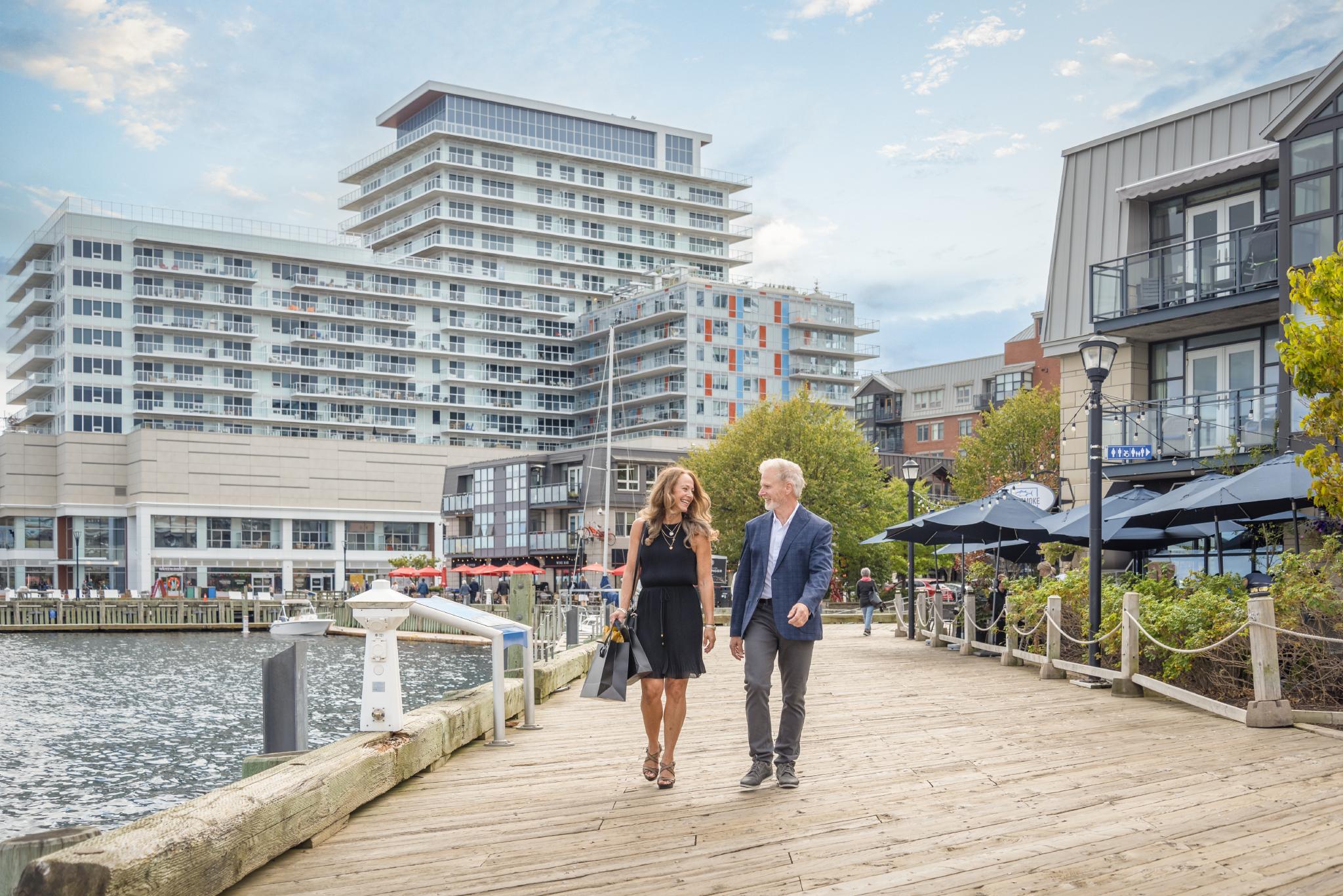- Why Halifax
- Why Halifax
Choose Halifax for any number of reasons; incredible oceanfront views and a walkable downtown core, or its world-class convention centre and thriving cross-sector innovation. No matter the reason, the outcome is always the same: inspired meetings, engaged delegates, and lasting impressions.
- Why Halifax
- Hotels & Venues
- Hotels & Venues
Discover Halifax’s extraordinary selection of historic and modern venues and accommodations—all offering versatile settings to host inspiring meetings, unforgettable receptions against the backdrop of our beautiful sea-side city.
- Hotels & Venues
- For Planners
- For Planners
Unlock a world of curated supplier partnerships, sustainable planning tools, and exclusive delegate-saving privileges designed to elevate your event and not your budget.
- For Planners
- DMO Services
- DMO Services
Find the support you need to simplify logistics, maximize ROI, and create a bespoke event that is tailored to your group in a way that only Halifax can. As a Destination Marketing Organization (DMO) we’re here to help every step of the way, free of charge.
- DMO Services
- Contact
- Submit RFP
- More


